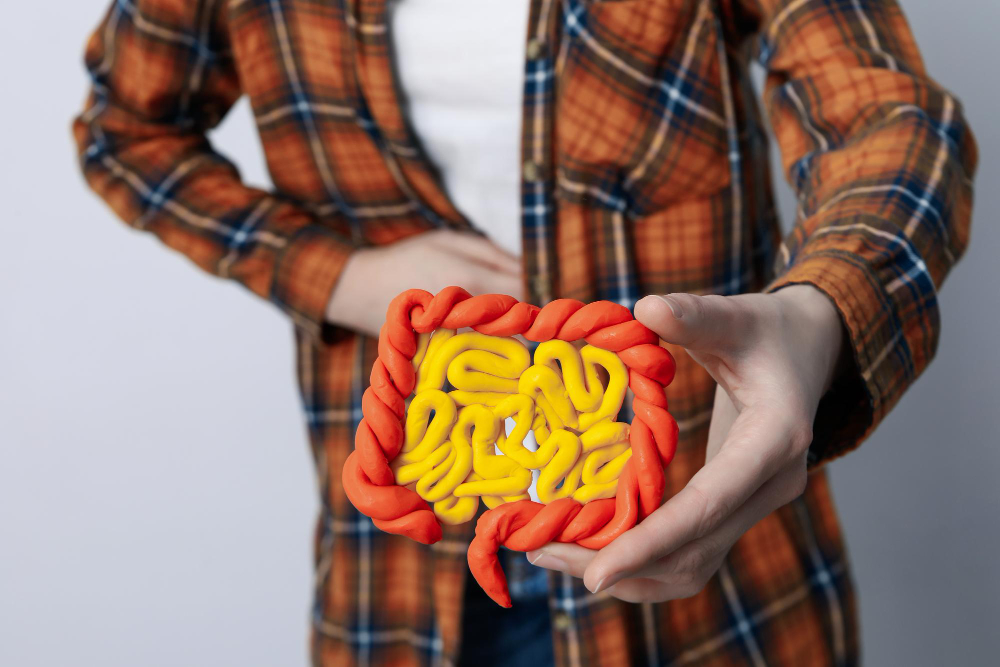Being diagnosed with cancer is a health concern nobody wants to endure. Whether the news involves you, a close friend, or a family member, it often causes feelings of concern and defeat. At GI Alliance, we believe that being aware of your risks can help you take control of such a diagnosis. Having an awareness of the symptoms, signs, and your family’s history of colorectal cancer can help to catch this cancer early on and offer you a greater number of treatment options.
How is colorectal cancer diagnosed?
Colorectal cancer arises in the colon (large intestine) or rectum. Also referred to as “bowel cancer” or “colon cancer,” this disease causes the cells in the large intestine or rectum to multiply out of control. Colorectal cancer is generally treatable, so our doctors suggest that individuals who are age 45 or older receive a regular colorectal cancer screening to minimize their risk of letting this disease go unnoticed. If you have had a close relative with colorectal cancer or if you have been diagnosed with a gastrointestinal disease, like Crohn’s disease or ulcerative colitis, it is highly advised to begin screening for colon cancer as soon as you turn 45.
Identify the signs and symptoms for better colorectal cancer awareness
Along with encouraging you to get colorectal cancer screenings on a routine basis, we also advise that you become familiar with colorectal cancer signs and symptoms. While the indications may not be obvious at first, knowing these signs and symptoms could help to identify the cancer earlier than normal. Typical signs and symptoms of colon and rectal cancer could include the following:
- A change in your bowel movements or bowel habits
- Bloody stools
- Constipation or diarrhea
- Abdominal pains, aches, or cramps that persist
- Unintentional weight loss
- Incomplete bowel movements
Though these signs or symptoms may seem vague, when repetitive, it is wise to schedule a consultation at a GI Alliance office near you so one of our skilled gastroenterologists can assess your health concerns. We prefer to err on the side of caution when it comes to your health.
Will I get colon or rectal cancer if someone in my family has it?
If you have a family member or relative who has or has had colorectal cancer, you could have an increased chance of developing the disease. We encourage you to use this information to your advantage and make informed decisions when getting colorectal cancer screenings. It is essential that when meeting with a gastrointestinal specialist, you offer as much about your family health history as you can. When working with your GI doctor, it is wise to provide details about the medical history of your immediate family, along with your extended family (grandparents, uncles, aunts, nephews, nieces, and more). When possible, discuss the form of cancer your relative had, when they were diagnosed, and if the cancer was the cause of death. Knowing this information can help our physicians create the ideal preventive care treatment plan. At GI Alliance, we might suggest that if you have an immediate family member who has had colorectal cancer, you should undergo a colonoscopy procedure around age 30. When the relative is not an immediate family member, it is recommended to begin screening for colon cancer around the age of 45.
Set up your screening for colorectal cancer
Though a cancer diagnosis is always scary, knowing the signs, symptoms, and risk factors can help you understand your chances of having colorectal cancer and receive a diagnosis as early as possible. At GI Alliance, our team is here for you and ready to help you screen for and detect colorectal cancer. To partner with a gastroenterologist near you, contact our offices to schedule an appointment.


